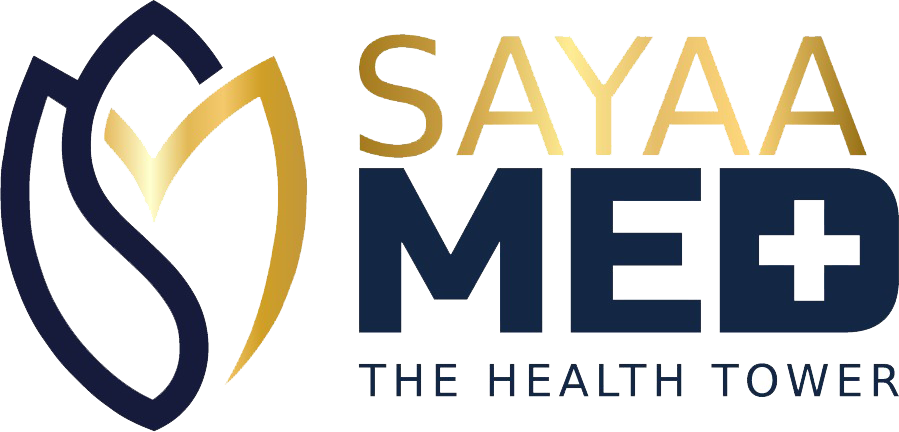Introduction
In the pursuit of maintaining optimal brain health, a fascinating revelation has emerged from recent research: the potential benefits of short daytime naps. A groundbreaking study, featured in the esteemed journal Sleep Health, delved into the correlation between napping habits and brain health among a diverse group of over 35,000 participants aged 40 to 69. This insightful investigation has illuminated a compelling connection between regular naps and enhanced brain vitality as individuals age. Let’s dive into the intriguing findings and explore how incorporating short naps into your daily routine might contribute to your cognitive well-being.
1. Exploring the Napping-Brain Health Nexus
The study delved into the genetic predisposition to regular napping and its impact on brain health. By analyzing DNA samples and brain scans, researchers unearthed a captivating revelation. Those who embraced the practice of daytime napping exhibited significantly larger total brain volume compared to non-nappers. The observed difference in brain volume translated to a remarkable age-related advantage of 2.5 to 6.5 years, suggesting that regular naps could potentially bestow the brain with a youthful vitality.
2. Beyond the Genetics: Unmasking the Protective Potential
While genetics played a role in the propensity for regular napping, the study ventured into uncharted territory by exploring the benefits of daytime napping independent of chronic disease influence. The researchers postulate that frequent daytime napping might offer a protective shield for the brain, contributing to its overall health and longevity.
3. The Art of Short Naps and Brain Health
The study didn’t uncover a causal relationship between short naps and better brain health, but it undeniably spotlighted an intriguing link. The duration of naps remained a central question—how long is optimal for reaping potential cognitive benefits?
4. Embracing the Power of Short Naps
Valentina Paz, the lead study author, defined a “short nap” as lasting anywhere from five to 15 minutes, not exceeding the 30-minute mark. This succinct duration holds the promise of delivering a refreshing boost to cognitive function without disrupting nighttime sleep patterns.
5. Unlocking the Optimal Nap Experience
For those eager to optimize their napping routine, certain guidelines can be immensely beneficial. Dr. W. Christopher Winter, a renowned neurologist and sleep medicine expert, suggests consistency in timing and environment. Napping at the same time daily, in a tranquil and dimly lit space, while lying down, can enhance the restorative effects of a short nap.
6. Harnessing Light and Movement
The conclusion of a nap can significantly influence its impact. Dr. Winter recommends concluding a nap with exposure to natural light, gentle movement, and a light snack. This combination encourages a refreshed awakening, preventing the grogginess often associated with extended naps.
7. Listening to Your Body’s Wisdom
While the potential benefits of short naps are captivating, it’s imperative to heed your body’s signals. Dr. Yonatan Greenstein, a sleep medicine specialist, emphasizes the importance of paying attention to how a nap affects your overall well-being and nighttime sleep. If a nap leaves you feeling sluggish, exploring alternative strategies like exercise or enhancing sleep hygiene might be more conducive to your overall health.
8. Navigating the Napping Landscape
As with any aspect of health, individual differences play a pivotal role. If you find daily napping to be a cornerstone of your optimal functioning, consider seeking the guidance of a sleep medicine specialist. Their expertise can help ascertain whether an underlying sleep disorder is at play, ensuring a comprehensive approach to your well-being.
Conclusion
In the ever-evolving pursuit of enhancing brain health, the realm of short daytime naps emerges as a promising frontier. While the study did not definitively establish causation, it undeniably suggests a compelling link between regular napping and the preservation of brain vitality. By embracing the art of the short nap, aligning with your body’s cues, and consulting experts when needed, you can unlock a potential avenue to nurture your cognitive well-being.
Frequently Asked Questions
- Can I nap for longer than 30 minutes? While the study focused on short naps lasting up to 30 minutes, longer naps can potentially lead to grogginess. It’s advisable to adhere to the recommended duration for optimal results.
- Are naps a substitute for adequate nighttime sleep? Naps can provide a temporary energy boost and cognitive enhancement, but they should not replace the essential hours of sleep required for overall health. Prioritize maintaining a consistent sleep schedule.
- Can napping benefit individuals of all ages? The study primarily examined participants aged 40 to 69. While the findings are intriguing, further research is needed to ascertain the potential benefits of short naps for individuals of varying age groups.
- Can short naps replace caffeine intake for alertness? Short naps can offer a natural and effective alternative to caffeine for a quick energy boost. However, excessive reliance on napping or caffeine is not a substitute for healthy sleep habits.
- Should I consult a healthcare professional before incorporating naps into my routine? If you have concerns about your sleep patterns, fatigue, or underlying health conditions, consulting a healthcare professional or sleep medicine specialist is recommended before making significant changes to your routine.
Also visit our instagram

